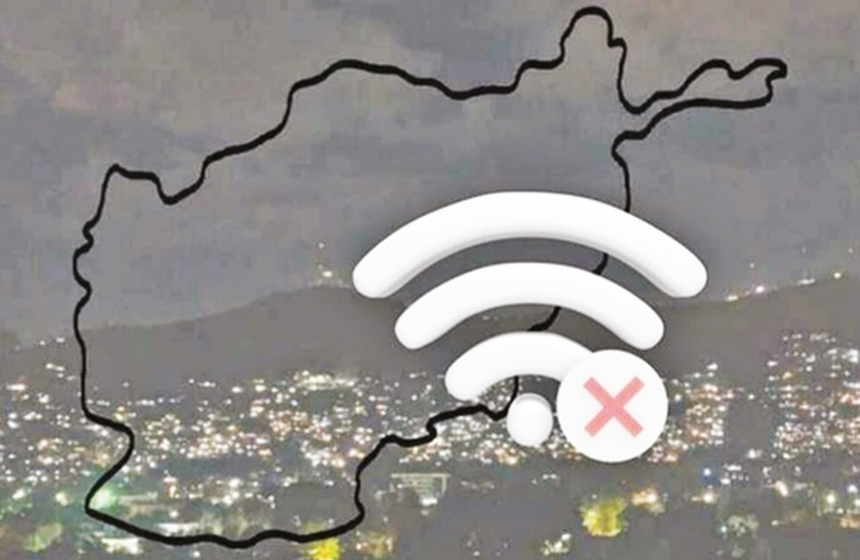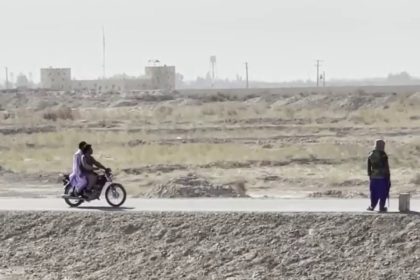RASC News Agency: The two-day nationwide shutdown of internet and telecommunications in Afghanistan triggered a wave of alarm, frustration, and condemnation both inside the country and internationally. For millions of Afghanistanis, the blackout was not merely an inconvenience but one of the most suffocating experiences of their lives an orchestrated attempt by the Taliban to sever the last fragile bridge between a besieged society and the outside world.
Residents across multiple provinces, once reconnected, took to social media to describe the 48-hour blackout as a period marked by despair, psychological pressure, and absolute isolation. Many likened it to being trapped in a “silent prison,” abandoned by those in power who fear the light of information more than the collapse of infrastructure.
In Kandahar, a merchant posted on his X account that the blackout paralyzed markets and brought daily life to a standstill. “Our economy is so dependent on digital networks that even a brief disruption inflicts immense damage,” he wrote, underscoring how deeply Afghanistan’s fragile economy relies on connectivity a reality the Taliban appears determined to weaponize.
Others voiced darker concerns, recalling previous Taliban-imposed restrictions on education for girls, the closure of beauty salons, and severe social limitations. They feared that this time, too, the internet—already heavily monitored might vanish permanently. A young woman from Badakhshan, pursuing online education, lamented on Facebook: “For 48 hours we lived with a lump in our throats. It felt as though our last window of hope had been sealed shut.”
International condemnation swiftly followed. Richard Bennett, the United Nations Special Rapporteur on human rights in Afghanistan, denounced the blackout in a post on X: “Cutting off the internet disrupts lives, violates rights, and destroys access to information. Such measures must never be repeated.” His words echoed the growing recognition that Taliban rule has pushed Afghanistan into one of the darkest eras of censorship and enforced silence in modern history.
The disruption, which began Monday evening, September 29, and lasted until Wednesday evening, October 1, did not merely isolate families from one another and from the world. It halted banking operations, grounded flights, disrupted trade, paralyzed currency exchanges, and shuttered online businesses. In a country already strangled by economic collapse, the Taliban’s calculated decision turned daily survival into an even harsher ordeal.
Notably, the Taliban offered no explanation. Sources close to the regime reported that the blackout was ordered directly by Hibatullah Akhundzada, the reclusive Taliban supreme leader, under the pretext of curbing “immorality.” The claim underscores the regime’s ongoing use of religion as a cloak to legitimize authoritarian control while eroding basic rights and freedoms.
For ordinary Afghanistanis, the message was clear: the Taliban is prepared to plunge an entire nation into silence whenever it suits their paranoid obsession with control. Citizens, now more than ever, recognize that stable internet access is not a luxury but a lifeline one that links them to education, livelihoods, information, and the broader world.
As one Kabul resident bitterly remarked: “Every time they cut our connections, they cut our voices. They want Afghanistan to be nothing more than a silent prison.”






